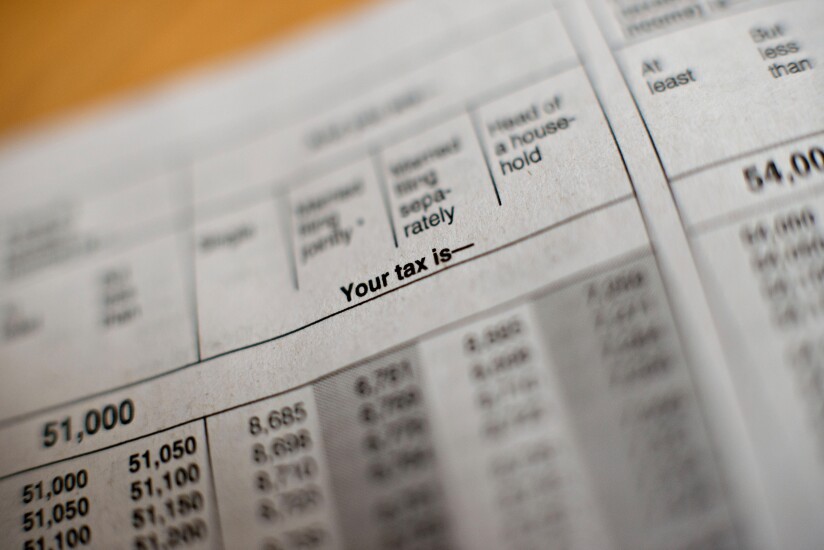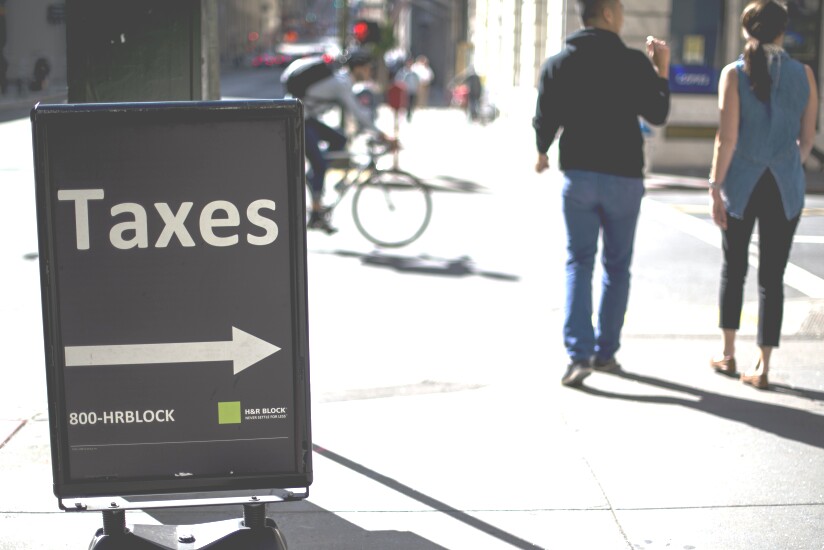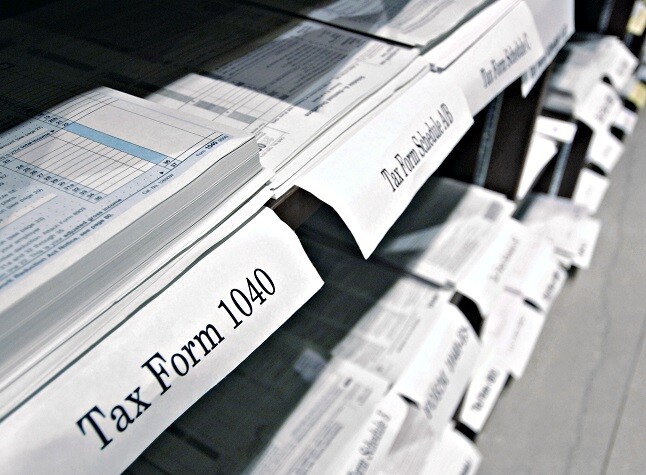
Here they are, in reverse order.

12. Shorely you can’t be serious?

11. “Thank goodness I don’t have to pay taxes!”

10. Not in good hands at all

9. Living proof

8. “I can deduct my cat’s psychotherapy, right?”

7. Gassing on

6. Refund madness

5. Give until it hurts

4. Bad apples dept.

3. Who knows?

2. Closing the ring






